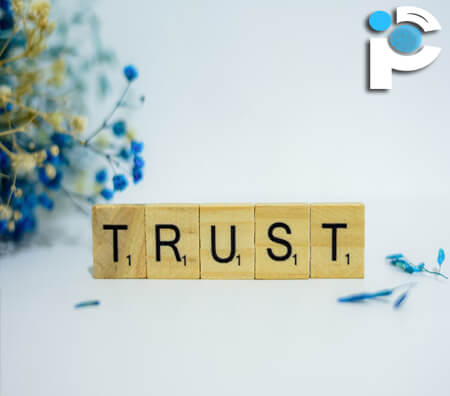Ten Long Term Effects Of Cheating
June 5, 2022 - Reading time: 7 minutes
Updated on: September 4, 2025
Relationships take work, and when cheating happens, the effects can be devastating and long-lasting. Beyond the immediate pain, infidelity often leads to psychological, emotional, and social consequences that may persist for years. These impacts can affect self-esteem, trust, and even future relationships. Here are ten of the most common long-term effects of cheating, based on our experience handling infidelity investigations across the UK.
Long Term Effect 1: Blaming Themselves
Victims often believe they caused the cheating. This self-blame leads to low self-esteem and feelings of worthlessness. In reality, cheating is always a choice by the unfaithful partner, not the fault of the one betrayed.

Long Term Effect 2: Negatively Impacting Future Relationships
Cheating often creates a cycle of mistrust. Survivors may carry suspicion into new relationships, interpreting normal behaviour as warning signs. Fear of betrayal can damage healthy bonds unless addressed through healing or counselling.
Long Term Effect 3: Not Wanting To Be Seen As Sensitive
Victims sometimes avoid raising concerns in fear of being labelled “paranoid”. This suppression of feelings can harm communication in future partnerships, a core issue in cheating trauma recovery.
Long Term Effect 4: Questioning the Entire Relationship
Many people revisit years of memories, doubting whether love was ever genuine. This type of overthinking and rumination can affect friendships, family trust, and personal confidence.

Long Term Effect 5: Losing Confidence In Your Abilities
Cheating can make victims feel they’re “not good enough”. This damages career ambitions, social lives, and hobbies. They may withdraw, losing touch with their passions.
Long Term Effect 6: Increase In Mental Health Conditions
Infidelity is linked to anxiety, depression, PTSD-like symptoms, and low mood. Professional support is often needed to process trauma. Counselling and therapy can play a crucial role in recovery.
Long Term Effect 7: Losing Trust
Once broken, trust is difficult to rebuild. Betrayed partners may develop long-term trust issues, not just with romantic partners but with friends and family too.

Long Term Effect 8: Emotional About Your Ex-Partner
Strong emotional reactions may persist long after a breakup. This doesn’t always mean longing—it’s often tied to trauma memory and vulnerability.
Long Term Effect 9: Wanting To Be Single Forever
For some, the idea of trusting again feels impossible. While time alone can encourage personal growth, others may delay relationships indefinitely due to fear of infidelity.
Long Term Effect 10: It Can Give You Strength and Determination
Despite the pain, many eventually find strength. Infidelity can serve as a turning point, encouraging personal development and independence. Survivors often use the experience to set healthier boundaries in future.
The Takeaway
Cheating isn’t just a short-term betrayal—it leaves a legacy of emotional wounds. Recognising these long-term effects is the first step toward recovery. Private Investigators UK can help provide answers and proof, giving you the clarity needed to move forward with confidence.
FAQ
Does cheating cause long-term psychological damage?
Yes. Many victims experience anxiety, depression, and trust issues that may last years without support.
Can private investigators prove infidelity in UK divorce cases?
Yes. Professional surveillance, photo/video evidence, and reports can be used in court proceedings when handled correctly.
How do you rebuild trust after being cheated on?
Trust requires transparency, open communication, and time. In many cases, counselling or therapy is needed for genuine healing.
You are reading the PrivateInvestigators-UK blog — home to the UK's leading detective agency. Learn more about us by visiting our homepage PrivateInvestigators-UK.com.